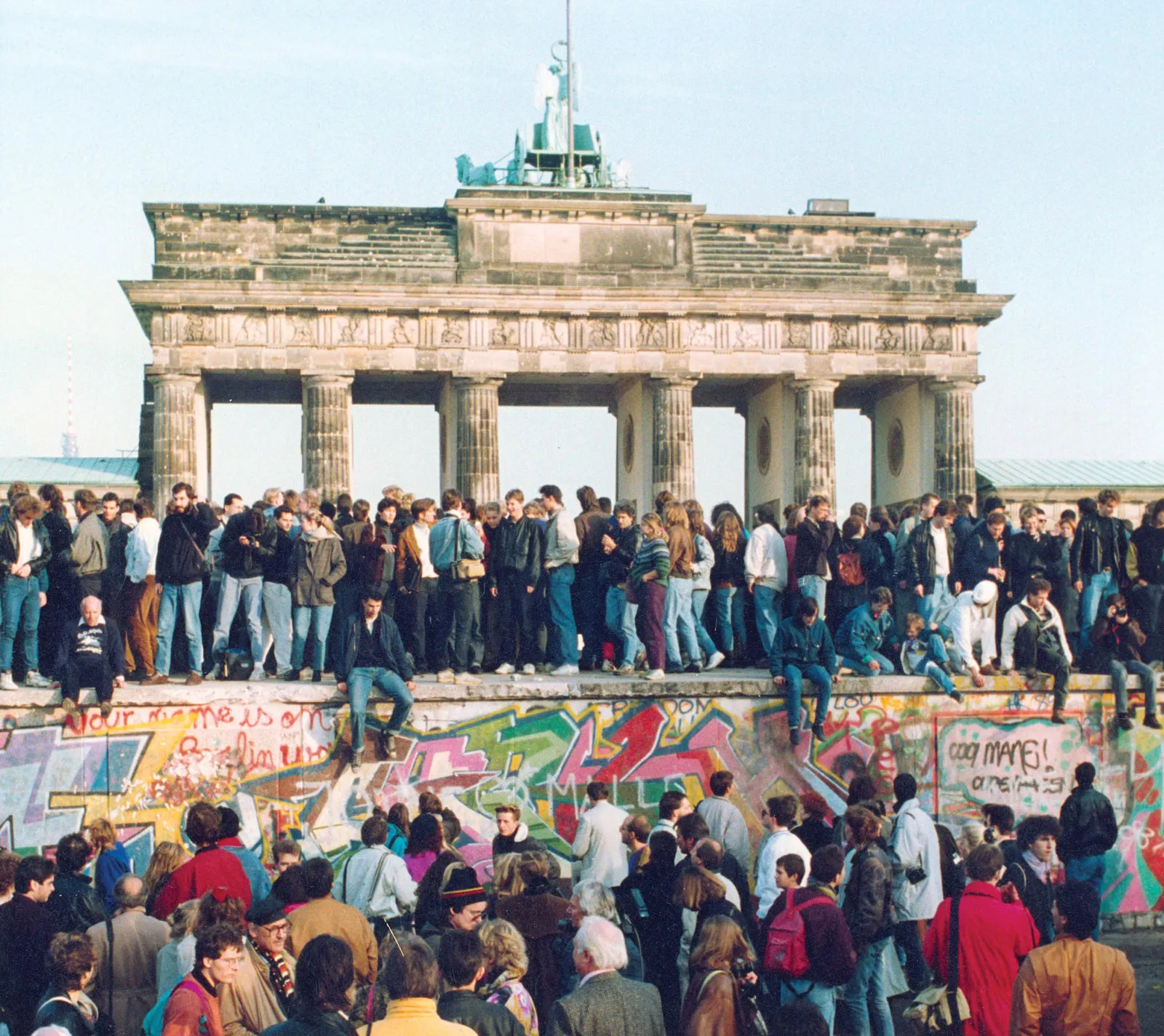
Glasnost
Modern History (Year 12) - New Cold War
Ben Whitten
What is glasnost?
Glasnost was a policy of increased transparency and openness in the Soviet Union during the 1980s, introduced by Soviet leader Mikhail Gorbachev. It was part of his broader program of Perestroika, which aimed to reform and modernize the Soviet economy and political system. The term "glasnost" literally means "openness" in Russian.
One of the key figures associated with Glasnost was Soviet dissident and human rights activist Andrei Sakharov, who was a leading advocate for political and civil liberties in the Soviet Union. He was a key figure in the movement for greater transparency and openness in the Soviet Union and was a vocal critic of the Soviet government's human rights abuses. Another notable figure was Alexander Yakovlev, one of Gorbachev's closest advisors and a leading architect of Glasnost and Perestroika. He was a key figure in the liberalization of Soviet society and the promotion of greater freedom of expression.
Glasnost led to greater freedom of the press, freedom of speech and the rise of civil society and political opposition in the Soviet Union. It also contributed to the eventual collapse of the Soviet Union and the emergence of the Russian Federation.
Glasnost led to greater freedom of the press and freedom of speech in the Soviet Union by loosening government control over the media. Prior to Glasnost, the Soviet government tightly controlled the media and censorship was widespread. Under Glasnost, censorship was relaxed and the media was allowed to report on previously taboo subjects, such as government corruption, economic problems, and human rights abuses. This increased freedom of the press allowed for greater public awareness of the shortcomings and failures of the Soviet government and its policies.
The greater freedom of speech also allowed for the formation of independent political and social organizations, which had previously been banned. This led to the rise of civil society and political opposition, which provided a platform for critics of the Soviet government to voice their concerns and organize against it.
As a result, public discontent with the Soviet government and its policies grew, and this, along with other factors, such as economic problems, contributed to the eventual collapse of the Soviet Union. Glasnost played a significant role in the collapse of the Soviet Union by creating an environment in which dissent and opposition to the government could flourish, which ultimately led to the weakening of the Soviet government and its eventual collapse.